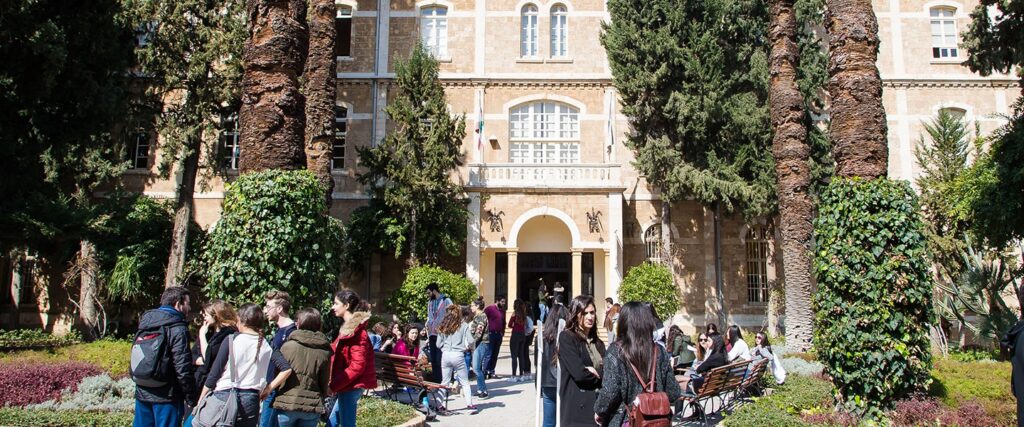Measuring the creation of sustainable employment in Somalia
Situation
Since 2001, the Somali private sector has grown steadily thanks to improved security and increasing stability. As such, agricultural activities and trade have developed significantly, although businesses are often informal with structures based on family and clan (World Bank, Unemployment rate (%) Somalia, 2018).
However, despite this progress and according to the International Organization of Migration (IOM), tens of thousands of people leave Somalia/Somaliland every year, and 60% of young people consider migrating because of youth unemployment – estimated at 25% in 2019 (World Bank Data, Youth Unemployment Rate for Somalia, 2019) – and lack of job prospects (IOM, Somalia, 2017).
In this context, SPARK, a Dutch NGO focused on creating jobs for young people in fragile states, has implemented the Local Employment in Africa for Development (LEAD) program seeking to improve employment opportunities for youth by supporting entrepreneurship and helping create sustainable jobs.
The LEAD program has been focused on activities in Libya, Somalia, and Tunisia aimed at underpinning the human potential of local youth to reduce migration and radicalization in the countries.
Voluntas Impact
To document results of the LEAD program in Somalia, Voluntas Policy Advisory helped SPARK estimate impact of activities in terms of job creation.
This was done by tracing the number of sustainable jobs created thanks to activities in Hargeisa, Mogadishu, Garowe and Borama. At Voluntas Policy Advisory, we also evaluated the feasible means for job verification taking into consideration the Somali context.
To do this, Voluntas Policy Advisory carried out phone surveys with beneficiaries of LEAD activities, and key informant interviews with partners. Through this data collection, it was possible to quantitatively estimate new jobs created by business owners, and new job opportunities identified for job seekers – both formal and informal.
As a result, SPARK is now able to build future job creation activities on fact-based recommendations for the most efficient and effective practices in the Somali context.
Related Insights
Meaningful collaboration with TATA Institute of Social Sciences, Mumbai
On 10th January 2023 Voluntās and the Center for Applied Meaningfulness took a giant stride towards establishing meaningful academic collaborations in India when signing a Memorandum of Understanding (MoU) with Tata Institute of Social Sciences – Asia’s oldest school for professional social work.
Bridging Academia and Meaningfulness in the MENA region
On September 15th, 2022, Voluntas and the Arab Master’s program in Democracy and Human Rights, “Global Campus – Arab World” signed a Memorandum of Understanding (MoU), laying the foundation for a new era of cross-sector collaboration in the MENA region.
The world’s most human university with meaningfulness on the curriculum list
Esbjerg wants to create the world’s most human university with a central focus on education, human development and a high degree of belonging.
Voluntas and the star architect company Bjarke Ingels group are supporting the project.
Based on Morten Albæks philosophy of a meaningful life, the students must embark on an educational journey based on becoming self-realized people who master their encounters with life’s coincidences, opportunities, and challenges.


